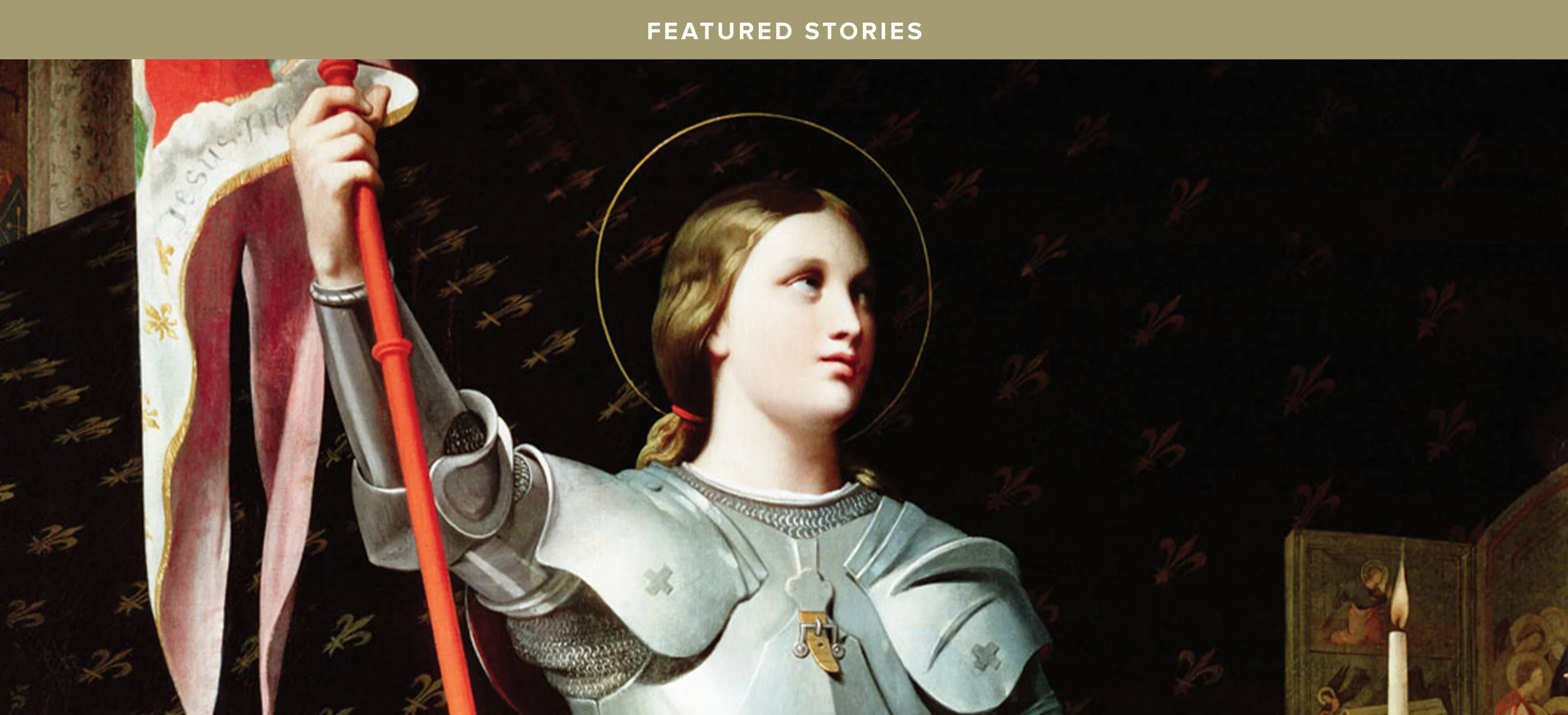On the Holy Spirit
This excerpt is taken from the ninth chapter of St. Basil the Great’s (c. 330-379) On the Holy Spirit. St. Basil is a doctor of the Church and this work is one of the first to meditate at length on the third person of the Trinity. It was written partly in defense of the divinity of the Holy Spirit, which was denied by some in Basil’s time.
Let us now investigate our common ideas concerning the Spirit, those which have been gathered from Holy Scripture concerning him, as well as those which we have received from the unwritten tradition of the Fathers.
First of all we ask, who upon hearing the titles of the Spirit is not lifted up in soul, who does not raise his mind to the supreme nature? He is called “Spirit of God” (Mt 12:28), “Spirit of truth which proceeds from the Father” (Jn 15:26), “right Spirit” (Ps 50:12), “a leading Spirit” (Ps 50:14). His proper and peculiar title is “Holy Spirit;” which is a name specially appropriate to everything that is without a body, everything that is purely immaterial and indivisible. So our Lord, when teaching the woman [at the well] – who thought that God is an object of local worship – that what is without a body cannot be confined, he said that God is a spirit (Jn 4:24).
When we hear of a spirit, then, it is impossible to think of a nature which is confined, subject to change and variation, or at all like a creature. We are compelled to advance in our conceptions to the highest, and to think of an intelligent essence, in power infinite, in magnitude unlimited, unmeasured by times or ages, generous of his good gifts, to whom turn all things needing sanctification, after whom reach all things that live in virtue, as being watered by his inspiration and helped on toward their natural and proper end; perfecting all other things, but in himself lacking nothing; living not as one needing restoration, but as supplier of life; not growing by additions; but straightway full, self-established, omnipresent, origin of holiness, light perceptible to the mind, supplying, as it were, through himself, illumination to every faculty in the search for truth; by nature unapproachable, apprehended by reason of goodness, filling all things with his power, but communicated only to the worthy; not shared in one measure, but distributing his energy according to the proportion of faith (Rom 12:6); in essence simple, in powers various, wholly present in each and being wholly everywhere; impassively divided, shared without loss of ceasing to be entire, after the likeness of the sunbeam, whose kindly light falls on him who enjoys it as though it shone for him alone, yet illumines land and sea and mingles with the air. So, too, is the Spirit to everyone who receives it, as though given to him alone, and yet he sends forth grace sufficient and full for all humankind, and is enjoyed by all who share him, according not to the Spirit’s power, but to the capacity of our nature.
Now the Spirit is not brought into intimate association with the soul by nearness in place. How indeed could there be a bodily nearness to the incorporeal? This kinship results from our withdrawal from the passions which, coming afterwards gradually on the soul from its friendship to the flesh, have alienated it from its close relationship with God. Only then, after a man is purified from the shame whose stain he took through his wickedness, and has come back again to his natural beauty, and as it were cleaning the Royal Image and restoring its ancient form, only thus is it possible for him to draw near to the Paraclete. And the Spirit, like the sun, will by the aid of your purified eye show you in himself the image of the invisible, and in the blessed spectacle of the image you shall behold the unspeakable beauty of the archetype. Through his aid hearts are lifted up, the weak are held by the hand, and they who are advancing are brought to perfection. Shining upon those that are cleansed from every spot, he makes them spiritual by fellowship with himself. Just as when a sunbeam falls on bright and transparent bodies, they themselves become brilliant too, and shed forth a fresh brightness from themselves, so souls wherein the Spirit dwells, illuminated by the Spirit, themselves become spiritual, and send forth their grace to others. Hence comes foreknowledge of the future, understanding of mysteries, apprehension of what is hidden, distribution of good gifts, the heavenly citizenship, a place in the chorus of angels, joy without end, abiding in God, being made like to God, and, highest of all, being made God. Such, then, to name but a few, are our ideas concerning the Holy Spirit, which we have been taught to hold concerning his greatness, his dignity, and his actions, by the sayings of the Spirit themselves [i.e. the Scriptures].







